Day 19 of Noirvember: Chris Cross in Scarlet Street (1945)
Today’s Noirvember post shines the spotlight on Christopher Cross in Scarlet Street (1945).
WHAT’S SCARLET STREET ABOUT?
Based on the novel and play La Chienne, the story focuses on a married, middle-aged cashier who saves a young woman from an attacker in the street, and promptly falls in love with her. The cashier is Christopher “Chris” Cross (Edward G. Robinson), the woman is Katherine “Kitty” March (Joan Bennett), and the attacker, who’s no stranger to Kitty, is Johnny Prince. Kitty leads Chris to believe that she’s an actress and she, in turn, believes that Chris is a rich and famous painter. The truth is that Kitty is a prostitute and Johnny is her pimp – and when he finds out about Chris’s (alleged) bankroll, he cooks up a scheme to milk him for all he’s worth. But Murphy’s Law is in full effect with these three, and things go wrong for everyone concerned.
INTRODUCING CHRIS CROSS:
We meet Chris at a dinner celebration with his work colleagues, commemorating his 25th year as a cashier. He receives from his boss a 14-carat, 17-jewel pocket watch in honor of his service to the company. As Chris receives the watch, we see his face for the first time; he’s an older man, unassuming, modest, a little shy. We get another glimpse into his personality when the boss leaves the party early to join the sweet blonde thing who’s waiting for him in a limo outside. “Do you suppose J.J. is running around with that young lady?” Chris naively asks a co-worker. Little does he know that he’ll be running around with a young lady of his own before long.
WHY DID I PICK CHRIS?
Chris has so many facets. He’s a henpecked, cowering husband, whose primary pleasure is derived from his painting hobby (which, like everything else about Chris, is derided by his bullying wife). He’s starved for affection and incredibly innocent and trusting, which makes him easy pickings for Kitty and Johnny. He’s kind-hearted and thoughtful and generous. A loyal friend, a diligent worker. But given the right circumstances, he’s also a love cheat, a liar and, ultimately, a murderer. Complex dude, that Chris.
FROM THE MOUTH OF CHRIS:
“I wonder what it’s like to be loved by a young girl like that. You know, nobody ever looked at me like that. Not even when I was young.”
PLAYED BY EDWARD G. ROBINSON:
One of six brothers, Robinson was born Emmanuel Goldenberg in Bucharest, Romania, on December 12, 1893. To escape the growing persecution of Jews in their country, the family immigrated to the United States in 1903, settling in a tenement on New York’s Lower East Side. Initially, Emmanuel aspired to be a rabbi, but while in high school, he began to focus on the performing arts. In 1911, he won a scholarship to the American Academy of Dramatic Arts; around this time, he decided to change his name, selecting Edward for the King of England, “G” for Goldenberg, and Robinson after a character in his favorite play, The Passerby. His first professional role came in 1913, in a play called Paid in Full. He then spent the next several years in a variety of stage productions, including a tour in Canada, and made his first screen appearance playing a factory worker in the silent feature Arms and the Woman (1916). He was drafted into the Navy during World War I; after the end of the war, he returned to the stage for a series of plays for the Theater Guild, and traveled to Cuba for his first major screen role in The Bright Shawl (1923). He also starred in a three-act comedy, The Kibitzer, which he co-wrote with Jo Swerling (who would later pen such classics as Blood and Sand [1944] and Leave Her to Heaven [1945]). After earning good reviews for his performance, Robinson accepted an offer to star opposite Claudette Colbert for his first talking picture, The Hole in the Wall (1929), followed by the first of many gangster roles in Universal’s Night Ride (1930). He entered the realm of film noir more than a decade later with a standout performance in my favorite noir, Double Indemnity in 1944. For more on Double Indemnity, click here.
And join me in the shadows tomorrow for Day 20 of Noirvember!





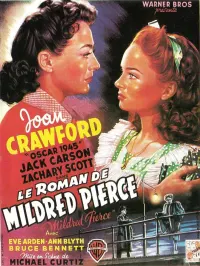




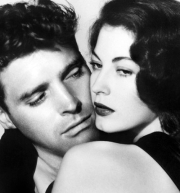
















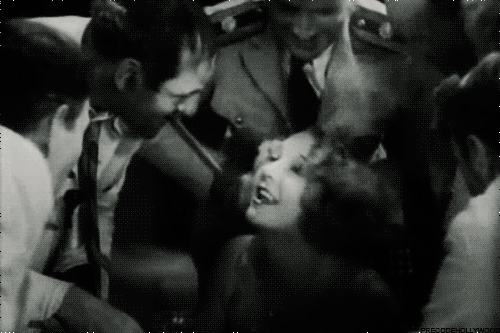


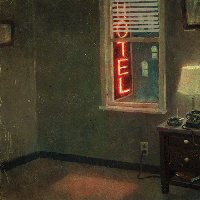
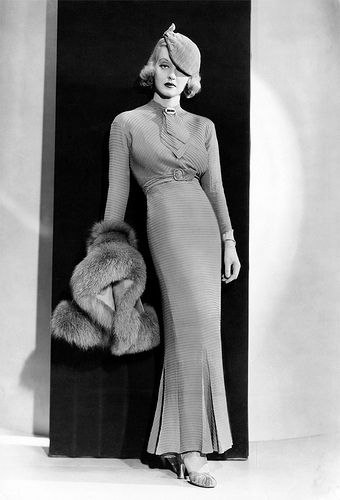



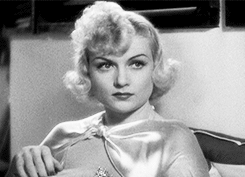
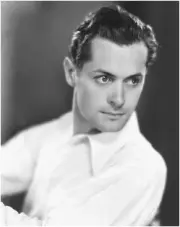
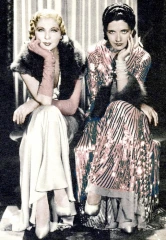

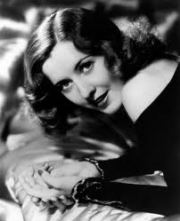



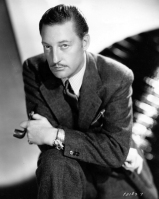




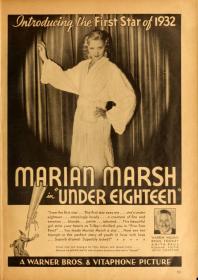
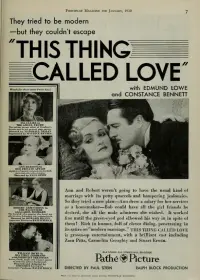

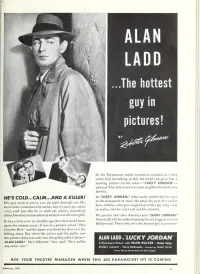
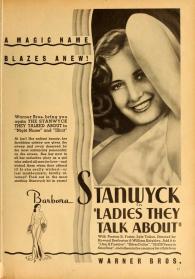

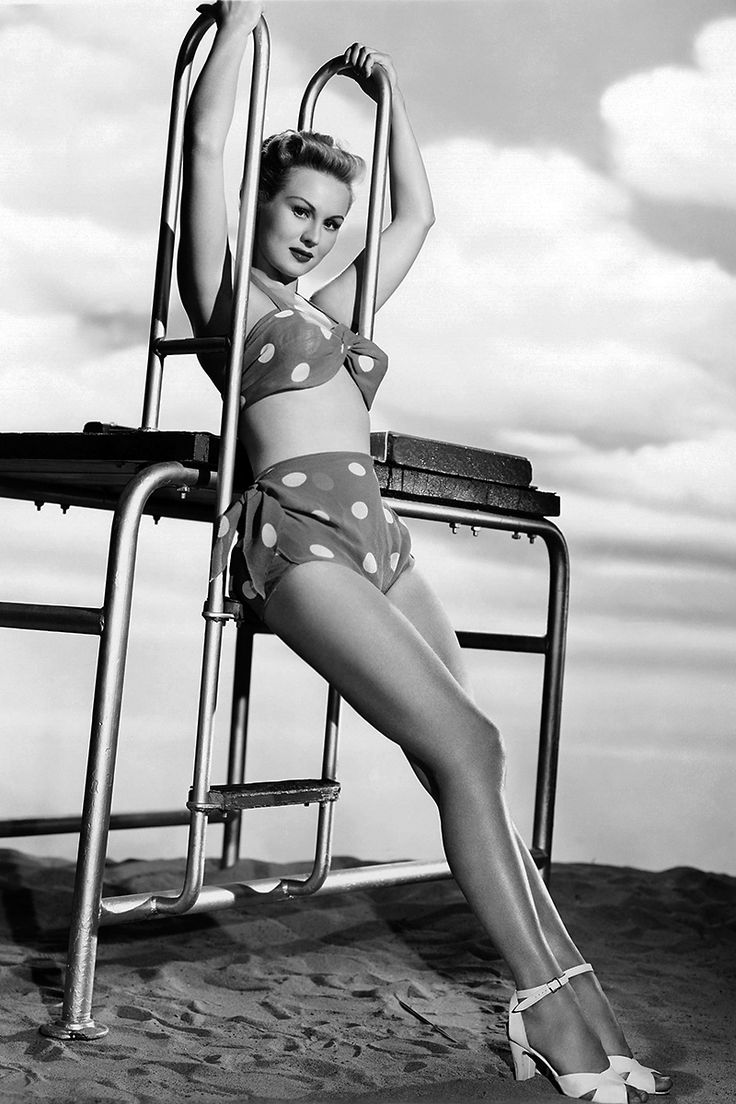



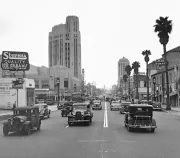
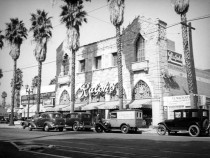


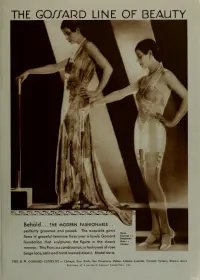

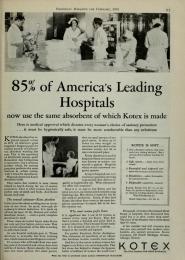

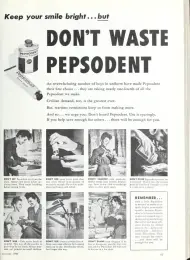


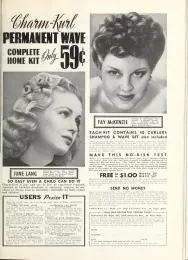





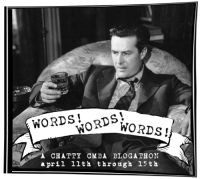

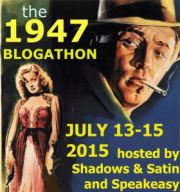
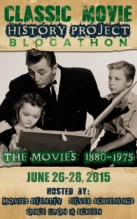
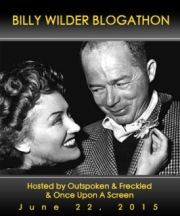


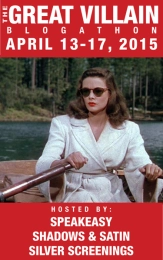


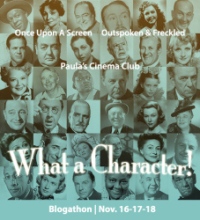



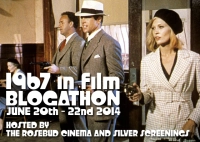


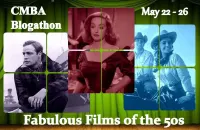
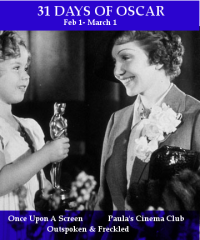
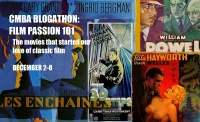







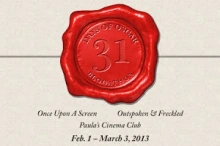

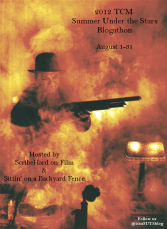


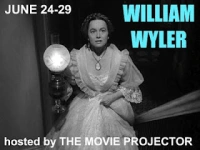





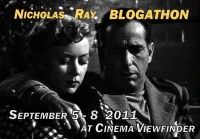

I really think Chris Cross’s story is one of the saddest. He’s a schlub who never stood a chance, right from the start.
His quote about young girls and love – together with “I never saw a woman naked” – just tells you what kind of a life he’s lived.
You’re so right about his story. It’s even sadder because for a while, he was happier than he’d ever been in his life, wrapped up in the delusion that Kitty was in love with him.
“Jeepers, I love you, Johnny.”
Joan Bennett’s voice echoes throughout the movie and long after the final credits roll. Everything about Scarlet Street is unforgettably bleak.
I totally agree. It’s just about the noirish noir there is.